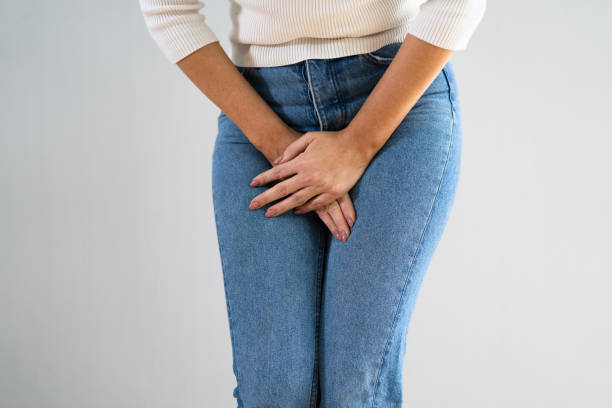
Incontinence
Incontinence refers to the involuntary loss of urine or feces due to weak bladder or bowel control. It can affect people of all ages but is more common in older adults, women after childbirth, and individuals with underlying medical conditions.
Types of Incontinence
1. Urinary Incontinence – Uncontrolled leakage of urine.
• Stress Incontinence – Leakage occurs during coughing, sneezing, or laughing.
• Urge Incontinence – Sudden, strong urge to urinate, leading to leakage.
• Overflow Incontinence – Incomplete emptying of the bladder, causing dribbling.
• Functional Incontinence – Inability to reach the toilet in time due to mobility issues.
2. Fecal Incontinence – Inability to control bowel movements, leading to accidental leakage.
Causes & Risk Factors
• Weak Pelvic Floor Muscles – Common after childbirth or due to aging.
• Bladder Infections – Irritate the bladder and cause urgency.
• Neurological Disorders – Conditions like Parkinson’s, stroke, or spinal injuries.
• Hormonal Changes – Menopause can weaken bladder control in women.
• Enlarged Prostate – In men, prostate issues can cause urinary problems.
• Chronic Constipation – Puts pressure on the pelvic muscles, leading to incontinence.
• Obesity – Increases pressure on the bladder and weakens muscles.
Symptoms of Incontinence
• Sudden or frequent urge to urinate.
• Involuntary urine leakage during physical activity.
• Difficulty controlling bowel movements.
• Constant dribbling of urine.
• Frequent urinary tract infections (UTIs).
Homeopathic Treatment for Incontinence
Homeopathy helps strengthen the bladder muscles, improve nerve function, and treat underlying causes naturally.
Effective Homeopathic Remedies
• Causticum – For stress incontinence, especially in elderly individuals.
• Sepia – Helps women experiencing incontinence after childbirth or menopause.
• Pulsatilla – Beneficial for bedwetting in children and urine leakage due to weak bladder control.
• Equisetum Hyemale – Used for frequent urination with a weak bladder.
• Belladonna – Effective for sudden, intense urges to urinate.
• Kreosotum – Useful for women with leakage due to weak pelvic muscles.
• Nux Vomica – Helps individuals with bladder irritation and frequent urination.
Self-Care & Prevention Tips
• Pelvic Floor Exercises (Kegels) – Strengthen bladder control.
• Avoid Caffeine & Alcohol – These can irritate the bladder.
• Maintain Healthy Weight – Reduces pressure on pelvic muscles.
• Increase Fiber Intake – Prevents constipation and reduces strain.
• Bladder Training – Try scheduled voiding to control urgency.
Conclusion
Homeopathy provides a natural and effective approach to managing Incontinence by addressing its root causes and strengthening bladder control. A personalized homeopathic treatment plan from a qualified practitioner can help improve long-term bladder and bowel function.

